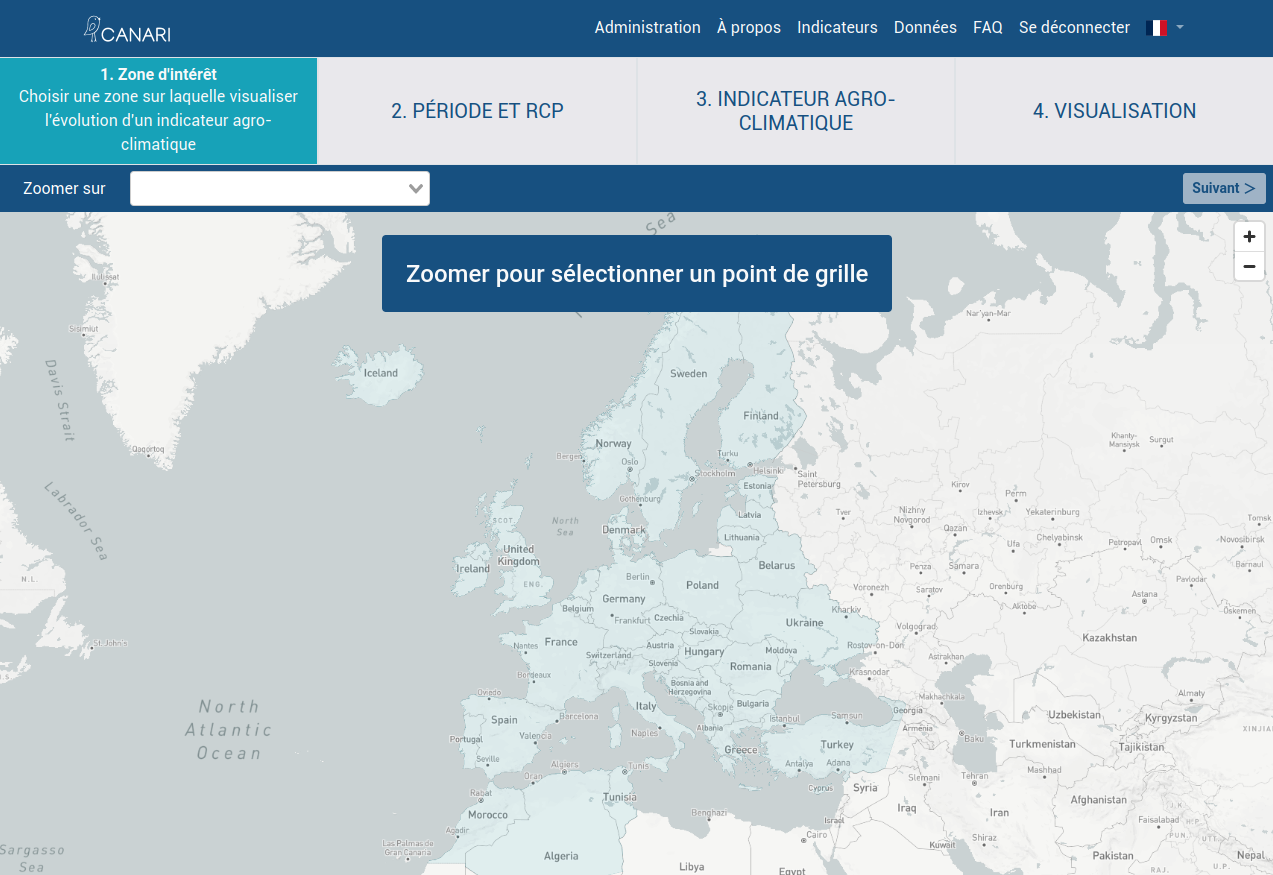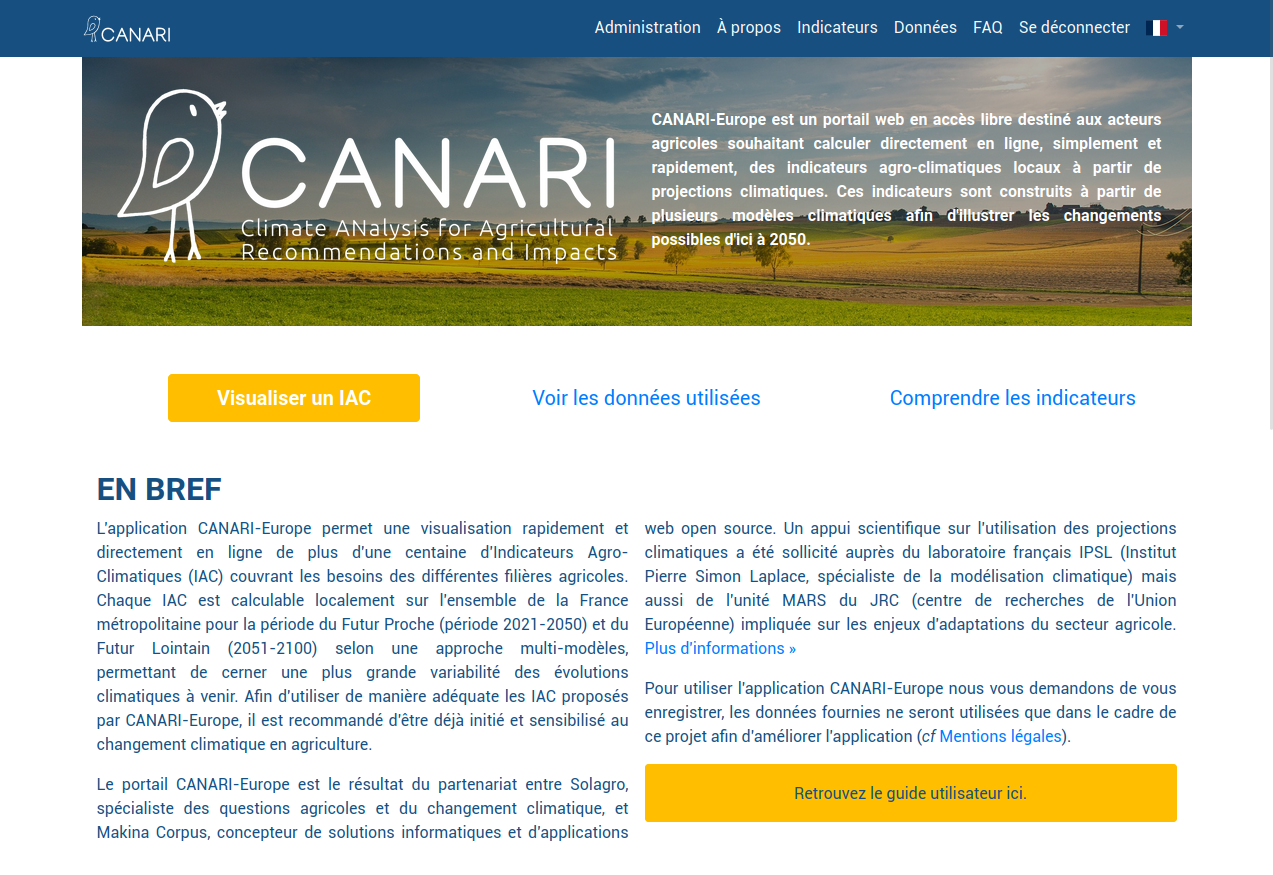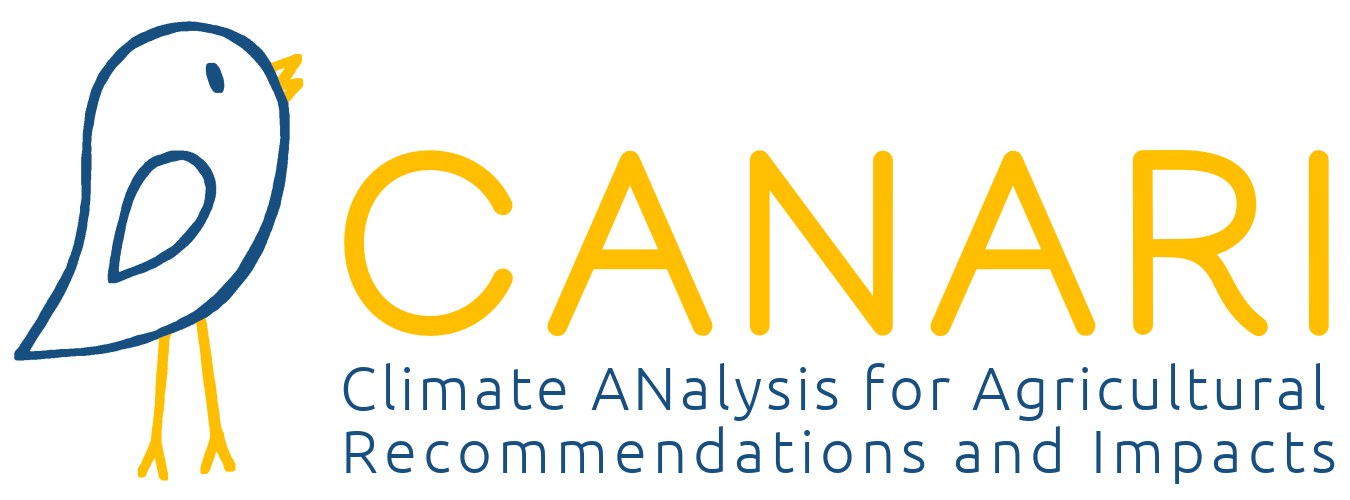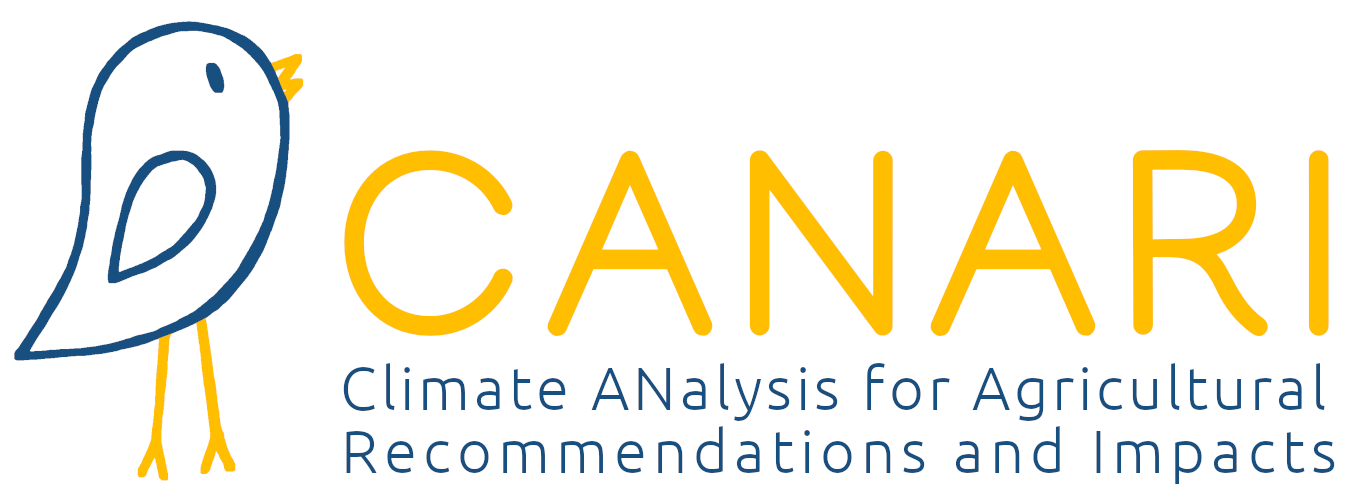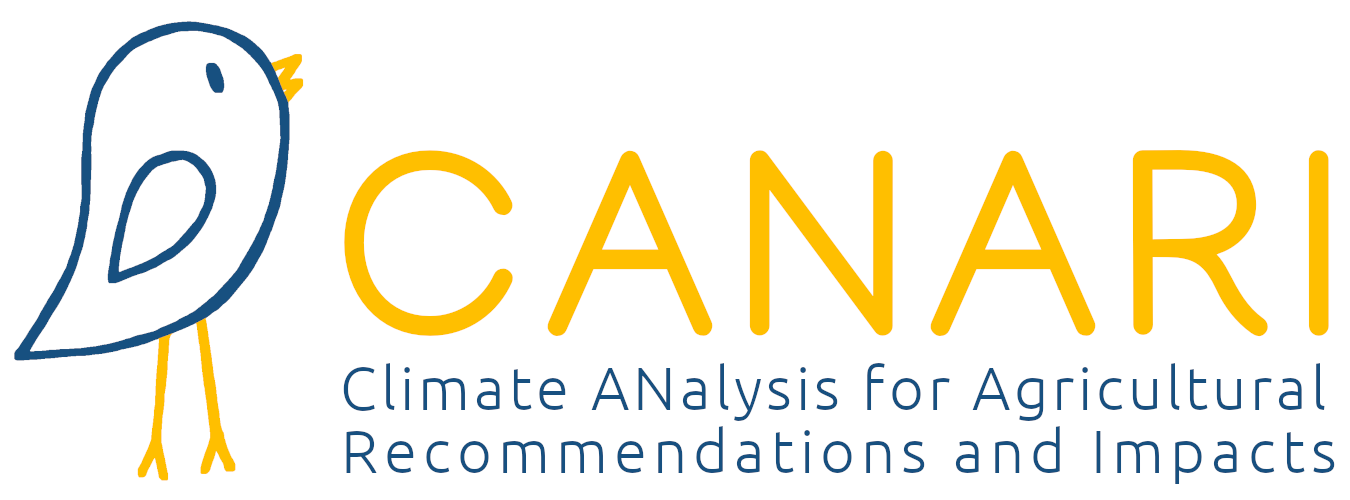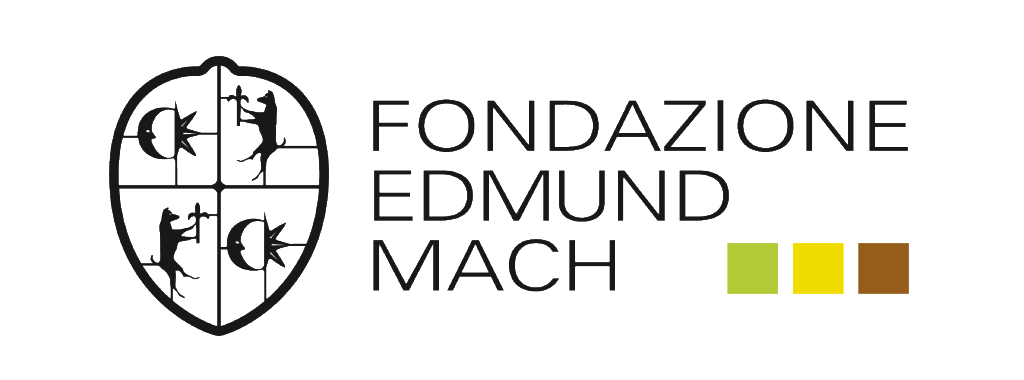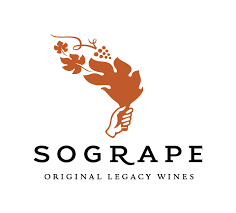Climate services in the Wine sector

Climate services (CS) is defined by the Roadmap for Climate Services(1) as following: “the transformation of climate-related data — together with other relevant information — into customised products such as projections, forecasts, information, trends, economic analysis, assessments (including technology assessment), counselling on best practices, development and evaluation of solutions and any other service in relation to climate that may be of use for the society at large.As such, these services include data, information and knowledge that support adaptation, mitigation and disaster risk management (DRM)”.
Climate services (CS) may be defined as scientifically based information and products that enhance users’ knowledge and understanding about the impacts of climate on their decisions and actions. These services are made most effective through collaboration between providers and users. Climate services turn scientific knowledge on climate variability and change into actionable information that can be exploited by a wide range of users, including public authorities, businesses and the public. The information allows the users to account for the effects of climate change into their decision making, thereby minimizing risks and seizing available opportunities to achieve a more resilient society and economy.
Climate services are capable of integrating climate information to support policymaking, planning and management on timescales that extend from months to decades. They are tailored to users’ needs. The concept of climate services is very broad. It includes any type of climate information, ranging from past data, to present, weather forecasts for the next few days, sub-seasonal and seasonal predictions (next months) but also predictions for the next decades and climate change projections. Relevant climate-related information for users in the agriculture sector would include aspects such as crop pests and diseases, water management, insurance decisions, urban planning, maintenance and resilience of infrastructure and related investments, and healthcare management.
With business as usual no longer being a viable option, crop producers, food producers, processing and retail as well as other actors in the agri-food value chain, face diverse challenges affecting several decision processes in their businesses. Such decisions can be optimized using appropriate climate services tools that support both their long term strategy as well as shorter term agricultural, quality and commercial management decisions. The ability to make better decisions through climate services leads to more efficient climate adaptation and generation of more value for farmers (in terms of avoided losses) and consumers (in terms of better value for money), among other actors in the agri-food value chain. Better climate services may translate as better estimates of plant phenology and harvest dates, better estimation of total production, optimized use of plant protection products, reduction of their human and environmental impacts, better informed farmers on investment cases for drought resilient crops and livestock or more efficient irrigation systems. Climate services have been a key research and innovation priority under Horizon 2020 with several call topics dedicated to advancing this area and further supporting the implementation of the Paris Agreement and EU Strategy on Adaptation to Climate Change.
Climatic services in the vineyard:
- Climateurope identified gaps, new challenges and emerging needs to enable better management of climate-related risks and opportunities for creating greater social and economic value. The project also issued a document on Recommendations to Horizon Europe on research needs for climate modelling and climate services
- In the agricultural sector, VISCA designed and demonstrated a decision-support system (VISCA DSS) to improve the resilience of wine grape farms to increasing climate-related challenges.
- In the agricultural sector, MED-GOLD developed climate services tools to demonstrate the added value of climate services for the agriculture sector, involving suppliers and users from three Mediterranean food systems: olive /olive oil, grape/wine and durum wheat/pasta.
- In the agricultural sector, VitiGEOSS will deploy an innovative commercial information solution to optimise sustainable grapevine cultivation via decision support systems (DSS) on phenology, irrigation, fertilisation, disease and business and sustainability management.
Authors: Maddy Tintinger (INRAE), Marta Terrado (BSC), Iñaki Garcia de Cortazar-Atauri (INRAE)
References:
- https://ec.europa.eu/programmes/horizon2020/en/news/european-research-and-innovation-roadmap-climate-services
- Alessandro Dell'Aquila et co-authors, Monitoring climate related risk and opportunities for the wine sector: The MED-GOLD pilot service,
Climate Services, Volume 30, 2023, 100346, https://doi.org/10.1016/j.cliser.2023.100346 .
Relations
- Network
- List
- Geolocation
- More
To help European agricultural sectors adapt to climate change, CANARI Europe, the first open source web application for visualizing agro-climatic indicators is now online.
- More
To help European agricultural sectors adapt to climate change, CANARI Europe, the first open source web application for visualizing agro-climatic indicators, is now online
- More
Face aux risques de sécheresse, à l’excès de précipitations ou au gel, les agriculteurs ont désormais gratuitement accès à CANARI : une application web open source de visualisation d'indicateurs agroclimatiques qui calcule instantanément des projections climatiques jusqu’à 2100.
- More
CANARI est un portail web en accès libre destiné aux acteurs agricoles souhaitant calculer directement en ligne, simplement et rapidement, des indicateurs agro-climatiques locaux à partir de projections climatiques.
- More
Dimostrazione di due strumenti per il settore vinicolo nei confronti del cambiemtno climatico: Dashboard e di VINEAS
- More
Application web de visualisation d'Indicateurs Agro-Climatiques pour les filières agricoles
L'application CANARI (Climate ANalysis for Agricultural Recommendations and Impacts) permet une visualisation rapidement et directement en ligne de plus d'une centaine d'Indicateurs Agro- Climatiques (IAC)
- More
Co-designed agro-climate indicators identify different future climate effects for grape and olive across Europe
This study builds on the experience of the EU Horizon 2020 project MED-GOLD for grape and olive
